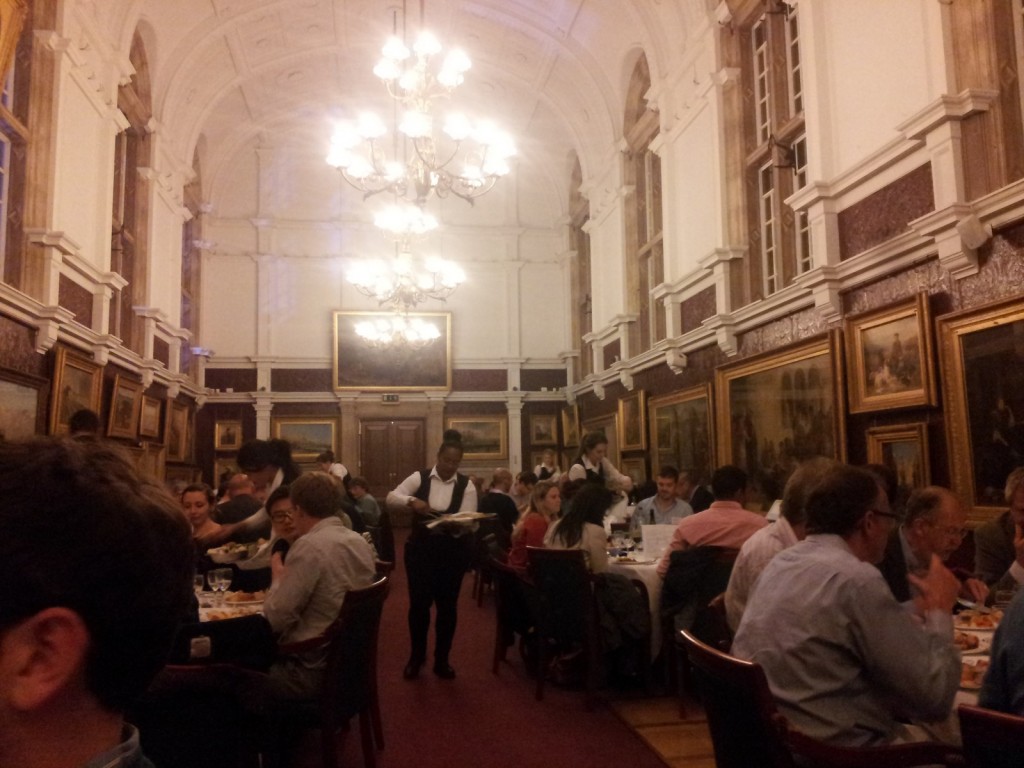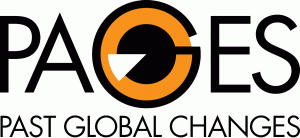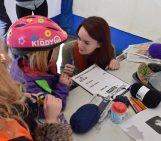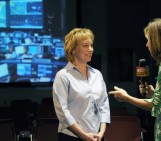One piece of advice that Early Career Researchers (certainly including PhD students) encounter repeatedly is this concept of ‘developing academic networks’ that may potentially lead to collaborative research and ideally a job in the future. I often wondered what on earth that actually meant when I started my PhD. Attending conferences and speaking to colleagues is certainly fun, interesting and inspiring, but I think the ‘sciencey’ part of my brain wanted to see some tangible data or real-world examples of networking leading to further opportunities.
Well, off the back of my attendance at a series of conferences and workshops, I’ve recently become involved in a new Working Group called Aquatic Transitions that is funded by PAGES (Past Global Changes) and led by Professor Peter Gell at Ballarat University, Australia. This short post is mostly a description of my first-hand experience – how did the ‘network’ form, how did I get involved? – and it’s also an advertisement because you can join the mail list here! if it seems of interest!

PAGES Working Group logo. (Source)
The story starts during the coffee break after my talk in the Anthropocene session at the EGU’s General Assembly in 2013, when a member of the audience was introduced by another colleague. He asked a few questions about the data I’d presented and asked if I’d be interested in presenting something from a lakes’ perspective at a workshop being organised on human-environment interactions. I readily agreed – I think I was still buzzing after my talk so answered ‘yes’ without any consideration to when, where or how I’d get to the proposed workshop.
A few months later I was formally invited to give a talk at the PAGES Focus 4 Workshop in February 2014. This meeting aimed to foster discussions around how the more accurate quantification of past human-environment interactions may be achieved. I’ve blogged previously about this brilliant workshop; it was very different to a conference, the open nature of the discussions on specific topics was fascinating and I was able to ‘network’ with a number of delegates over multiple days, which is pretty difficult at large conferences. I left the meeting wondering whether any future opportunities may arise.
After the workshop, a long email dialogue between delegates ensued, as a proposal was put together to fund the establishment of a European-wide network of palaeoecologists, archaeologists, geographers and more aiming at better quantifying the timing and extent of human impact.
I learned a lot from the email exchange about the research questions, general writing tips for big proposals as well as challenges posed when integrating input from multiple collaborators who come from a broad spectrum of scientific disciplines into a single proposal. Their different writing styles, approaches to data collection and interrogation and desired emphasis on certain aspects of the proposal were revealing. Sadly the application was unsuccessful and I thought that was the end.
Thus I was delighted to receive an email last September that PAGES had accepted a proposal from a delegate at the Leuven meeting to fund a 3-year Working Group – – that deals with many of the topics discussed in Leuven using records specifically from environments. I confirmed my interest and am very much looking forward to the first meeting, which takes April this year (2015, wow!) at the British Geological Society, Keyworth, convened by Dr Keely Mills. The list of Working Group participants highlights that it will bring together researchers from all over the world and I am really excited by the prospect of working with them over the next 2-3 years.

PAGES Working Group logo. (Source)
Following on from this, a second Working Group – LandCover6k – has recently been established that includes many other delegates from Leuven. While my expertise does not directly fit into the Working Group objectives, their output will be of great interest and useful for my own research.
It was only recently that I pieced together this prolonged journey in my mind – the BGS workshop will mark two years since I gave my talk at EGU – but I now have my real-world example that ‘networking’ (defined in this case as presenting at an international conference) can lead to other research ventures further down the line.





